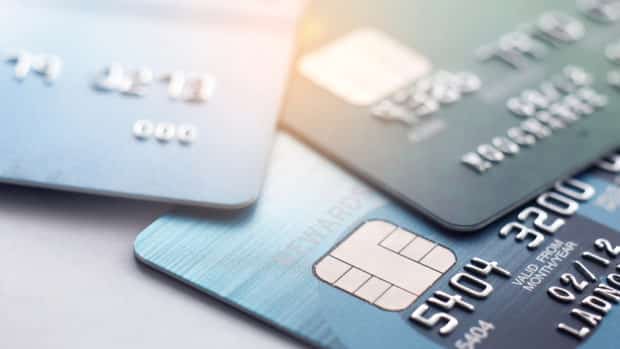New research by FreedomPay and Retail Economics shows that the UK is on the brink of a digital payments transformation, with digital wallet purchases set to surpass card transactions within ten years.
Currently, around a fifth (17.0 per cent) of retail, leisure and hospitality spending is made through digital wallets; compared to over half (55.7 per cent) by plastic, and a fifth (18.8 per cent) for cash. This is set to increase to £127.7bn in 2027/28 (£72.5bn currently). By 2033, the share of digital wallet payments will likely more than double to 39.7 per cent to £210bn.
In the next five years, the value of digital wallet use is set to surge by 76.3 per cent – well ahead of other payment methods including transactions through loyalty points and Buy Now Pay Later (BNPL) services, while more traditional payment methods of cash and card are predicted to decline.
UK shoppers seek maximum convenience through payments as they embrace cross-channel shopping and personalisation. In the next five years, the emerging connected shopper will expect seamless omnichannel experiences and place increasing value on integrated loyalty schemes and personalised offers – with almost a third (31.7 per cent) wanting both features in the future – as well as BNPL options.
The research shows that the wealthiest 20 per cent of shoppers spend almost five times the amount by value compared with the poorest group, which is currently driving the rapid growth in digital wallet transactions. Two-thirds (66.4 per cent) of affluent under 35s have used a digital wallet in a physical environment in the last 12 months. In this group, digital wallets have already overtaken cash.
However, digital wallets risk excluding some of the most vulnerable. One in six respondents stated they have no intentions of using digital wallets over the next five years – half of these customers are in the bottom two affluence groups, aged over 55, with a quarter having no (or unreliable) mobile data access when shopping.
FreedomPay president, Chris Kronenthal, says: “This research is a clear indication that the world of payments is changing rapidly, and the merchant needs to adapt to meet the needs of the evolving payment tech landscape.
“It’s no surprise that physical forms of payments such as cash and plastic will be surpassed by digital wallets in the years to come and it’s an imperative that businesses re-evaluate their commerce capabilities.”
Retail Economics chief executive, Richard Lim, says: “Digital wallets are poised to become the primary mode of payments, eclipsing the use of physical cards and cash. Shoppers love the convenience they offer, helping to provide a more seamless journey that blends physical and digital together while incorporating the benefits of more personalised offers and loyalty schemes.
“While younger, more affluent shoppers have been at the forefront of this transformation, the industry must ensure that the benefits of digital wallets are accessible to all, irrespective of age or financial status. Fundamental to this is building trust in digital wallets and bridging knowledge gaps to avoid leaving vulnerable customers behind.”








Share